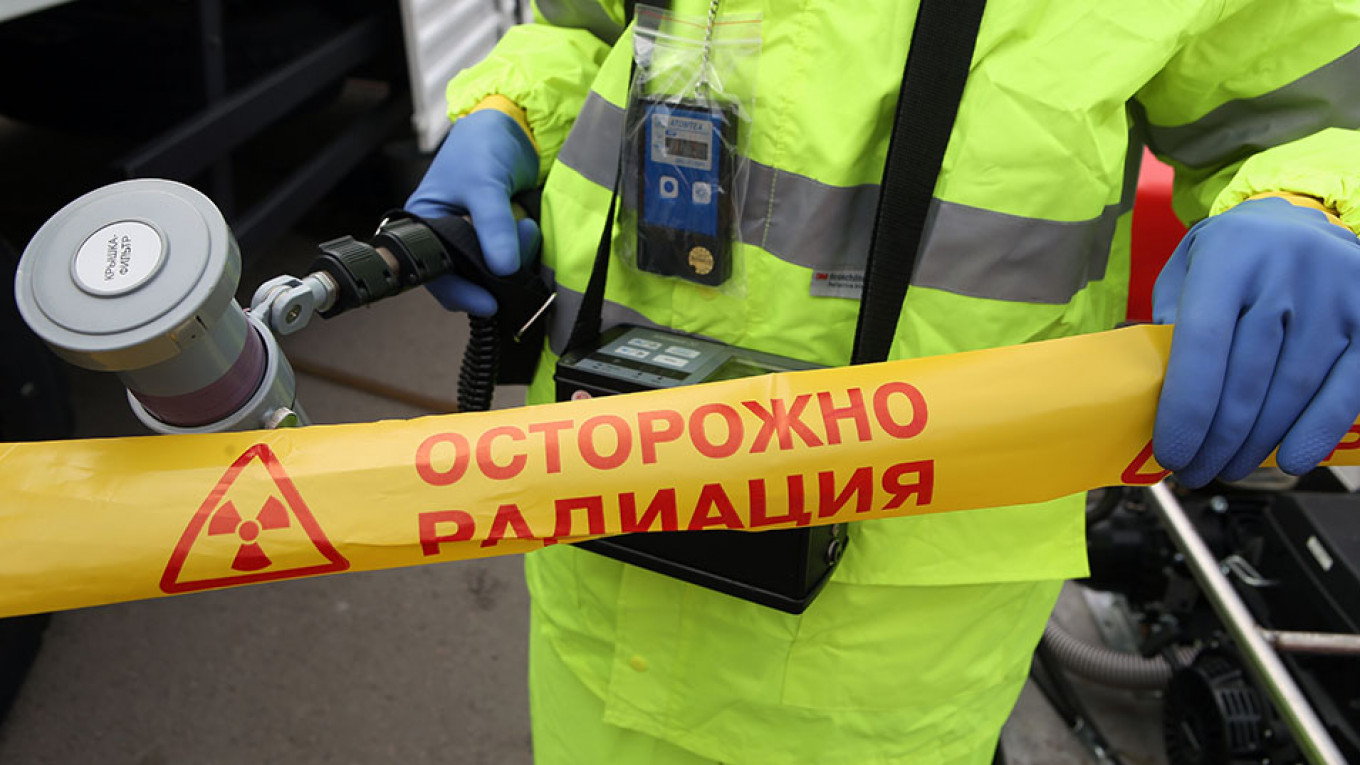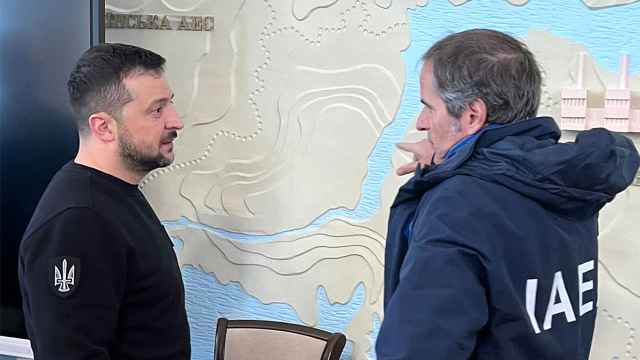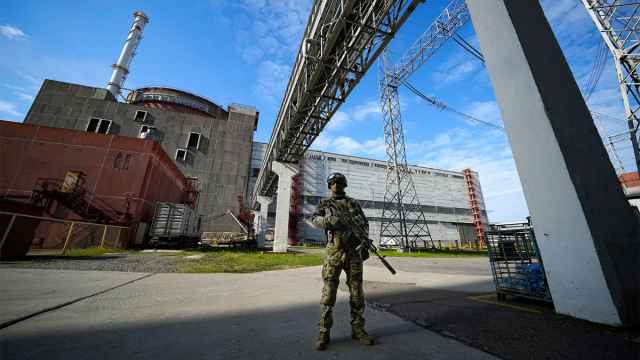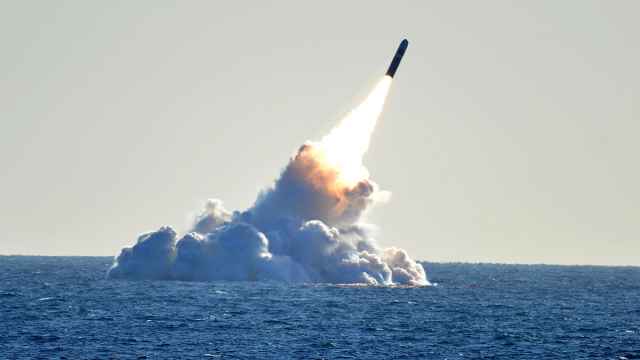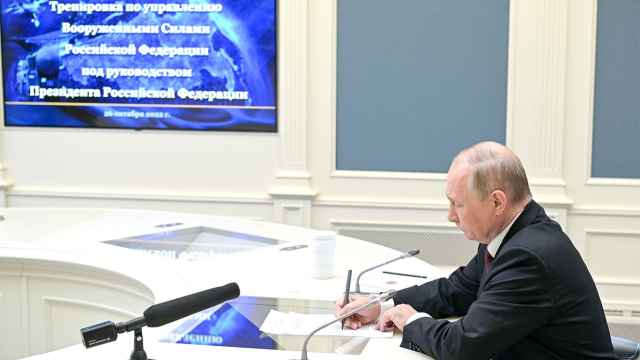The radioactive-particle sensors of at least one of the stations in Russia that went offline after a mysterious blast in the country's far north are transmitting again, the operator of the global network to which they belong said on Tuesday.
Four of the stations that scan for so-called radionuclide particles wafting through the air for the Comprehensive Nuclear Test-Ban Treaty Organization (CTBTO) went silent in the days after the Aug. 8 explosion, which occurred during a rocket engine test.
That fueled suspicions among nuclear analysts that Russia tampered with the stations, since it operates them.
The blast killed five employees of Russia's nuclear agency Rosatom but Moscow has not explained why the incident caused a spike in radiation levels in a nearby city.
U.S.-based nuclear experts suspect Russia was testing a nuclear-powered cruise missile.
"RN stations RUP 56 (Peleduy) and RUP 57 (Bilibino) have resumed operations in Russia & are currently backfilling data," CTBTO chief Lassina Zerbo said on Twitter, using an abbreviation for radionuclide. He added that there had been "excellent cooperation and support from our Russian station operators."
Bilibino is one of the four stations that the Vienna-based CTBTO said on Monday had gone offline in the days after the explosion, though it is in Russia's Far East, a long way from the site of the accident. Peleduy had not previously been mentioned in relation to the blackouts.
The CTBTO did not immediately respond to a request for an update on the status of its Russian stations.
The CTBTO's website lists seven radionuclide stations in operation in Russia, with another under construction. The two closest to the blast site went offline two days after the explosion, just before any particles from the blast are likely to have reached them, according to a simulation Zerbo posted.
Russian officials said the stations that went offline were having "communication and network issues," according to the CTBTO.
On Tuesday Russian news agency Interfax quoted Deputy Russian Foreign Minister Sergei Ryabkov as saying his country's transmission of data from radionuclide stations to the CTBTO was voluntary and that the Aug. 8 accident was not a matter for the CTBTO anyway.
The Russian sensors are part of the CTBTO's International Monitoring System, which comprises more than 300 seismic, hydroacoustic, infrasound and radionuclide stations dotted around the globe that together are aimed at detecting and locating a nuclear test anywhere.
A Message from The Moscow Times:
Dear readers,
We are facing unprecedented challenges. Russia's Prosecutor General's Office has designated The Moscow Times as an "undesirable" organization, criminalizing our work and putting our staff at risk of prosecution. This follows our earlier unjust labeling as a "foreign agent."
These actions are direct attempts to silence independent journalism in Russia. The authorities claim our work "discredits the decisions of the Russian leadership." We see things differently: we strive to provide accurate, unbiased reporting on Russia.
We, the journalists of The Moscow Times, refuse to be silenced. But to continue our work, we need your help.
Your support, no matter how small, makes a world of difference. If you can, please support us monthly starting from just $2. It's quick to set up, and every contribution makes a significant impact.
By supporting The Moscow Times, you're defending open, independent journalism in the face of repression. Thank you for standing with us.
Remind me later.



